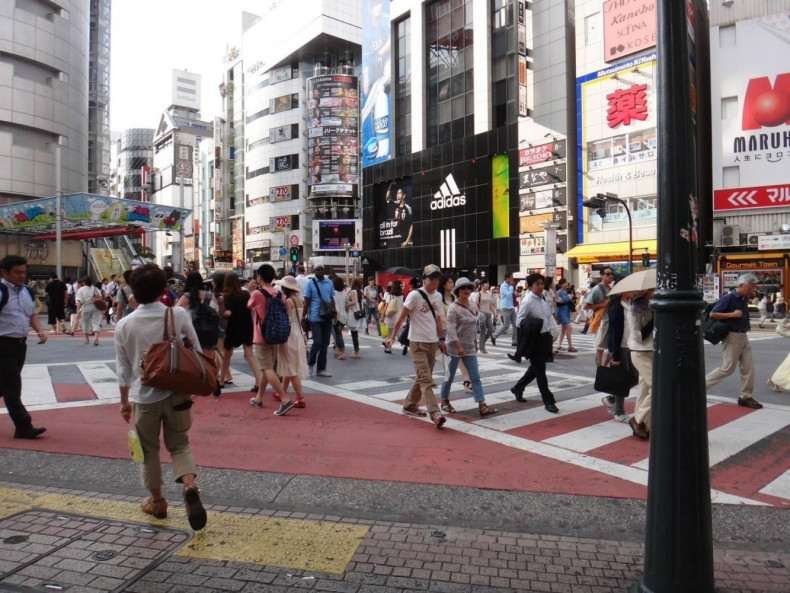
In a strategic move to stimulate its economy and reinforce its standing as a premier tourist destination, Thailand has extended visa-free privileges for Hong Kong residents to 60 days. This policy, carefully orchestrated amid concerns over safety due to isolated violent incidents, aims to bolster both tourism and business engagements from Hong Kong, which are vital components of Thailand’s economic strategy.
The decision reflects a calculated approach to enhance Thailand’s attractiveness to potential investors and tourists from Hong Kong, despite the challenges posed by recent adverse events. By extending visa-free access, Thailand not only simplifies the travel process for Hong Kong residents but also signals its resilience and commitment to maintaining strong international relationships. This policy is expected to increase visitor numbers, thereby injecting vital foreign spending into the Thai economy.
Furthermore, this initiative is part of a broader effort by Thailand to diversify its tourist demographics and encourage longer stays, which translate into increased spending across various sectors including hospitality, retail, and entertainment. The extended visa-free period provides an incentive for business professionals and tourists alike to explore deeper economic and cultural engagements, thus fostering a more robust exchange between Thailand and Hong Kong.
This move also demonstrates Thailand’s strategic diplomatic and economic positioning within Asia. By offering extended visa-free stays to Hong Kong residents, Thailand enhances its appeal as a hub for international business, particularly at a time when geopolitical tensions and economic shifts influence travel and trade patterns across the region.
The effectiveness of this policy will be closely watched by other nations considering similar measures to attract tourists and business travelers, making Thailand a case study in balancing economic gain with security and hospitality standards. This policy could potentially set a precedent for how nations leverage travel ease to boost economic indicators while managing the complexities of global travel safety perceptions.
